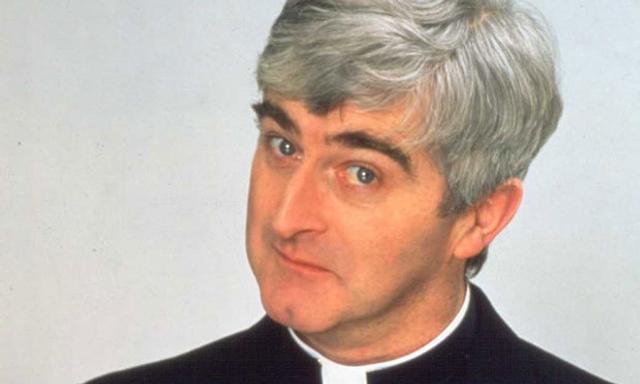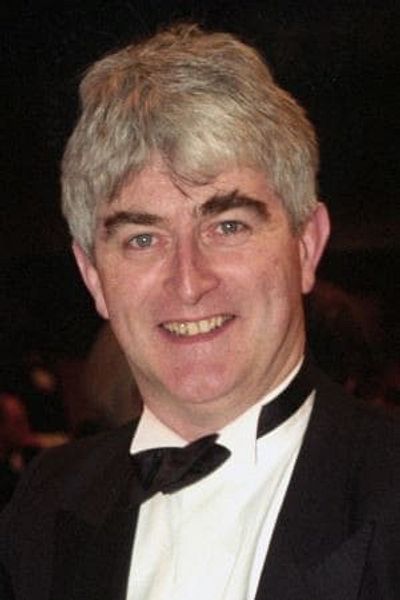Today marks 20 years since the untimely death of Dermot Morgan. It's hard to believe considering how much of a household name he still is thanks to the enduring popularity of his most ubiquitous work, Father Ted.
The much-loved comedian was also well-known for his work on the satirical radio sketch show Scrap Saturday as well as the highly successful RTÉ television show The Live Mike.
Dermot died on the 28th February 1998 at just 45 years old following a heart attack at his family home. He left behind three sons, Dom, Rob and Ben, who have been paying tribute to their dad today on the 20th anniversary of his death.
Rob Morgan, who is married to Radio Nova DJ Ruth Scott, posted some gorgeous pics of a young Dermot with his boys...
Twenty years gone. Still miss you Dad x 😢 pic.twitter.com/bUgNqDlmqN
— Rob Morgan (@RobMorganDublin) February 28, 2018
While Dom wrote a piece about his dad in the Irish Times saying of Dermot: "Although he was funny, that was the frill of his intelligence; he was deeply contemplative and extraordinarily well read. There were more times when he possessed preternatural calm in discussing deep topics than ones when he had me in stitches. He had the academic wherewithal, too, and was as much a student of Aristophanes and Chaucer as of Billy Connolly."
He goes on to say: "His legacy permeates the airwaves, even today. From Callan and Rosenstock to Après Match and Waterford Whispers, he may not have invented satire, but he did the State some service. I hope that in time he will be remembered for his contribution to the development of Irish comedy, now a multimillion-euro industry, as well as for Father Ted."
Talking about Dermot's youngest son, Dom said: "Ben, my youngest brother, is the cut of him as he careers down the stairs, holding a phone, his jacket and a pen and please God doesn’t break his neck on the way to the front door. He does stand-up, and my dad would be as proud as he’d be shocked by the high standard and shape of Ben’s own unusual mind. Ben was four when he died."
Dom finishes the piece (which you should really read in full here) by saying: "So he hangs in the soundscape of our satire and our visual landscape, by dint of his unforgettable look and an iconic, quotable TV show. Back home he’s still as much part of Dublin as the smell off the Liffey when the tide is out. I have come to realise that I know him and don’t. Each time he reappears he manifests himself in ways I didn’t expect. Each time he is so refreshed I can smell the newspapers and the aftershave. For a moment I can forget that he’s gone."











































































